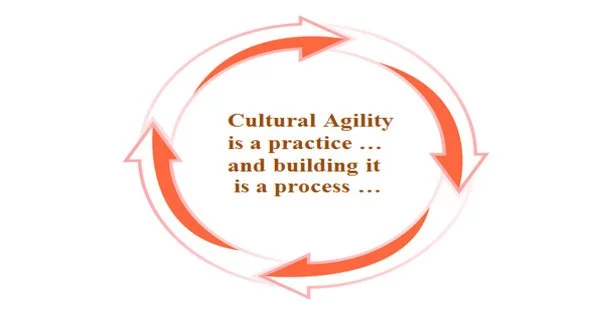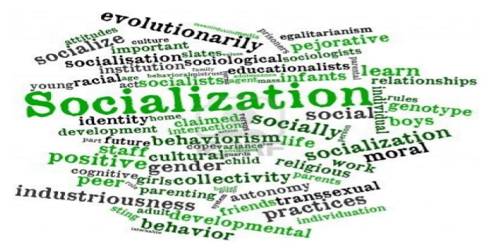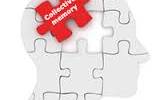Cultural agility is a concept used in talent management to describe the development of a complex competency based on abilities that enable an individual or organization to operate successfully in cross-cultural contexts. It refers to an individual’s or organization’s capacity to effectively understand, communicate, and engage with people from different cultural backgrounds. It is also known as cultural intelligence or cultural competency.
Cultural agility has been defined as a person’s capacity to operate comfortably and effectively in multiple cultures (e.g., countries, organizations) and with people from various cultures, national origins, generations, gender, and so on. Culturally agile people can “build trust, gain credibility, communicate, and collaborate effectively across cultures.” Cross-cultural competency and cultural intelligence tend to coincide with this idea. It entails being aware of one’s own cultural biases and ideas, as well as being open to new perspectives and ways of doing things. The topic has been associated with studying abroad, acquiring foreign talent, immigrants and refugees, professional achievement, sports coaching, leadership development, and global business.
Cultural agility is crucial in today’s globalized world, where people from various cultures frequently interact in both personal and professional settings. Currently, the term is often associated with research carried out by Paula Caligiuri, and a few others like Marisa Cleveland, and Zeinab Shawky Younis.
Here are some key components and characteristics of cultural agility:
- Self-Awareness: Cultural agility starts with recognizing and understanding your own cultural background, values, and biases. This self-awareness allows you to better navigate cross-cultural interactions.
- Open-mindedness: Being open to different worldviews, beliefs, and practices is essential. Cultural agility involves a willingness to learn from others and a curiosity about different cultures.
- Empathy: Developing empathy for people from diverse backgrounds is crucial. This involves trying to understand the perspectives, emotions, and experiences of individuals from different cultures.
- Communication Skills: Effective communication is a cornerstone of cultural agility. This includes both verbal and non-verbal communication, as well as the ability to adapt your communication style to the cultural norms of the people you are interacting with.
- Adaptability: Cultural agility requires the ability to adapt your behavior and expectations in different cultural contexts. This may involve adjusting your business practices, social etiquette, or negotiation strategies, for example.
- Conflict Resolution: Dealing with cultural misunderstandings and conflicts is an important aspect of cultural agility. Being able to navigate and resolve disagreements that arise from cultural differences is key to maintaining positive relationships.
On the psychological front, personality attributes such as extraversion, openness, and a proclivity for novelty seeking, as well as appropriate learning, may assist command of cultural agility resources. Self-assessment has been suggested as a feasible method for assessing cultural agility trainees’ level of proficiency.
Individuals can develop cultural agility, but companies can as well by building a culture of diversity and inclusion, providing cross-cultural training, and enacting inclusive policies and practices. In an increasingly heterogeneous and globalized world, embracing cultural agility can lead to more successful cross-cultural cooperation, greater innovation, and better corporate outcomes.
















